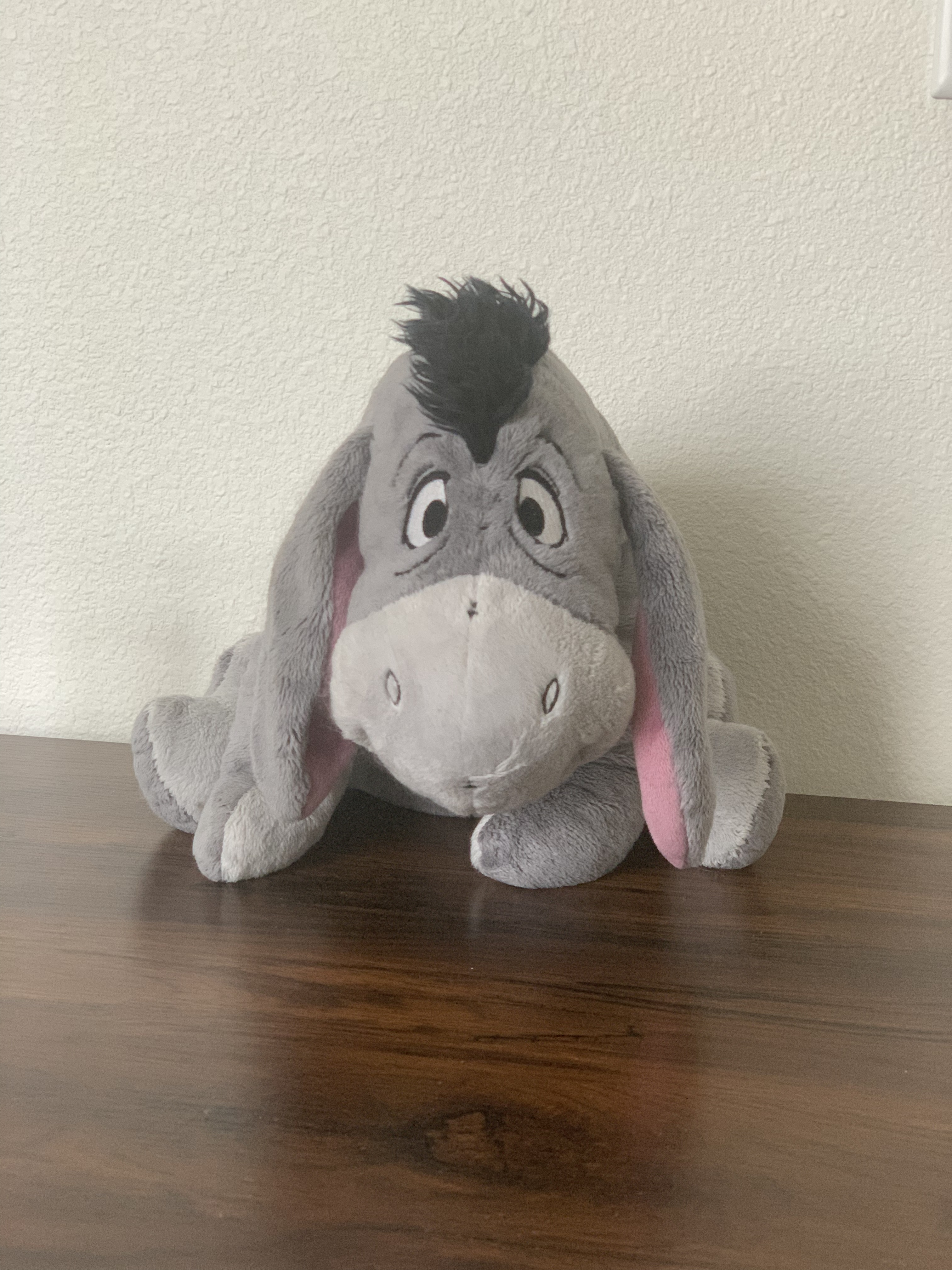Bailey Thompson | News Editor
In a world consumed with Buzzfeed quizzes like “Pick Some Donuts and We’ll Reveal Your Personality Type,” it can be easy to forget that there are real resources available to help you learn more about yourself, and they aren’t concocted by random people online. Amongst these resources, the Myers-Briggs Type Indicator, or MBTI, is a prominent and useful tool with the power to help people understand themselves and the ways that they interact with the world around them.
Being an advocate for knowing your MBTI type, it frustrates me to hear the way some people scoff at MBTI in a similar way that they might with astrology, since Myers-Briggs is determined solely by your self-reported psychological preferences, thereby serving as a descriptive tool and not a predictive one.
If you are interested in learning your MBTI type, there are a number of questionnaires online, which ask about attitudes and behaviors you have in different situations, that help to determine your type. In the end, the result will be one of 16 four-letter acronyms that stem from four letter pairings: Extraversion or Introversion; Sensing or Intuition; Feeling or Thinking; and Judging or Perceiving.
In my life, I have taken this test several times, and each time I have been categorized as an ESTJ — a type known for its dedication, honesty and organization, but also its stubbornness, difficulty relaxing and difficulty expressing emotion.
At first, I mostly thought, “Hey, that does sound like me. Cool,” letting the basic description of my type’s characteristics serve as the extent to which I used Myers-Briggs. In time, though, I found that the most fascinating part of this personality assessment for me was in learning more about the types of my friends and family.
The first people I made take the test were my parents, and it was enlightening to learn that my mom was the complete opposite type from me, being an INFP, but that my dad and I were both ESTJs.
Reading more about her type, a number of connections started to form in my head about why my mom and I approached things in such different ways, and it helped me put myself in her shoes in a manner I hadn’t before.
In alignment with my type, I am a realist — instinctively reflecting on things as they are, without putting a positive or negative spin on them… at least most of the time. On the other hand, INFPs are highly idealistic, so events normally impact people like my mom more deeply than they impact me. While I’m often inclined to laugh when someone posts a ridiculous opinion in social media, posts like this tend to affect her with more weight.
Once I realized that, I found it easier to be patient with both of us. We are wired pretty differently — but that’s okay.
In addition to the element of self-discovery, Myers-Briggs can also be helpful in trying to figure out what careers could mesh well with your strengths, or in evaluating relationships with friends and romantic partners. These things can be fascinating to ponder; however, I definitely wouldn’t suggest basing important decisions solely off of their insights.
One fun and easy way to get an idea of the personality types you naturally connect with is to create a list of friends and family’s types as you learn them. I have one that I add to regularly in my phone, and I’ve found that comparing people with the same types has helped me to recognize common characteristics of the different personalities.
With that in mind, there is certainly something to be said for the fact that there are more than sixteen distinct people in the world — no one is a stereotype, and I’m not suggesting that people be confined to their type’s typical qualities. Growth is always something that should be encouraged, but it can help to know where you’re starting.
At the end of the day, the most beautiful thing about Myers-Briggs is that it can be used in whichever of these ways are helpful to you.
Contact the author at bthompson15@wou.edu







